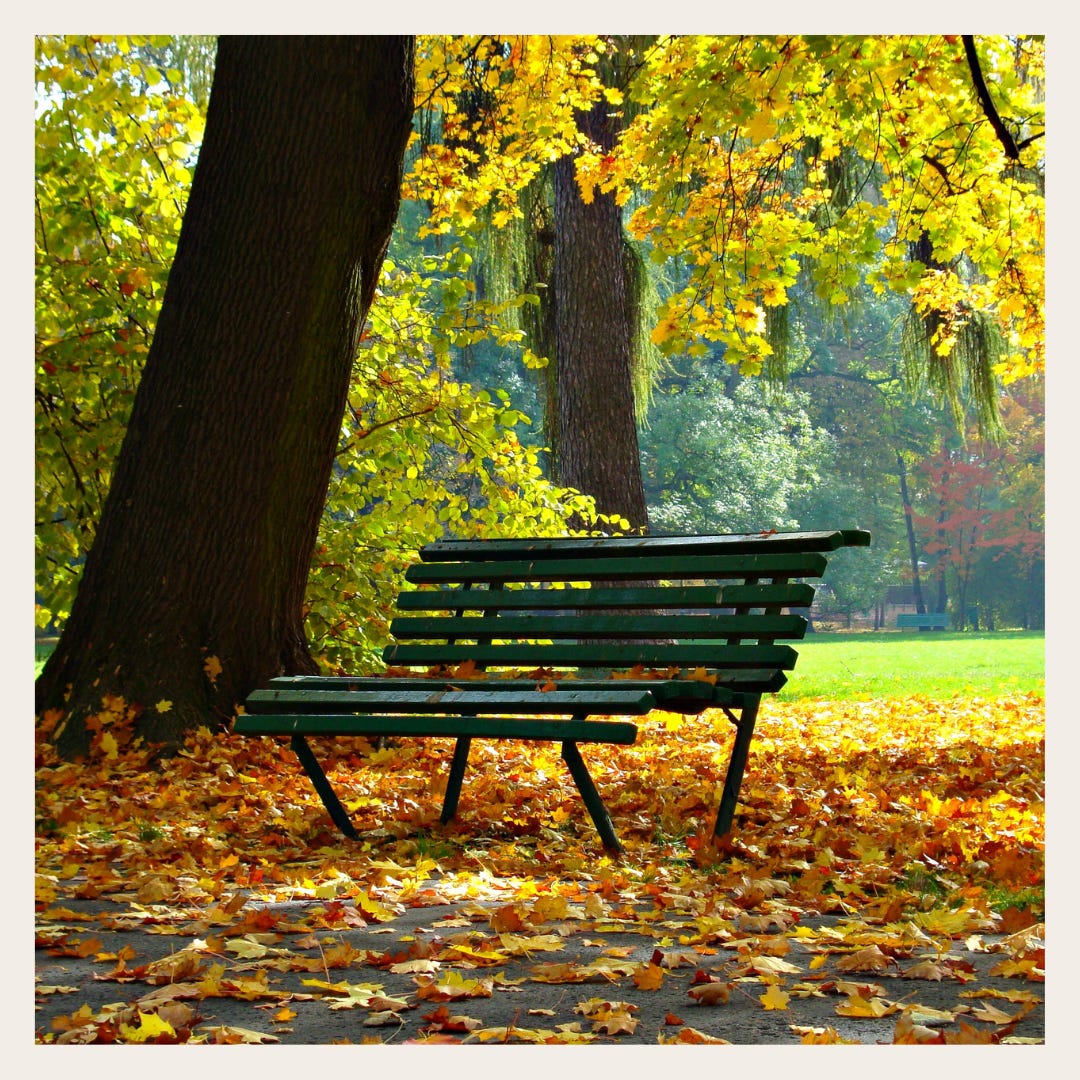Are You Okay: How To Support Your Mental Health and Wellbeing.
Guest Article by Sonia Mainstone-Cotton
Thankfully looking after our wellbeing is becoming increasingly talked about and understood, however at this time of year it can be something we overlook whilst we are busy preparing for Christmas both at work and at home.
This article is going to offer a few ideas that you might be able to use, which won't take lots of time, money or energy, but they could give you a little wellbeing boost during this busy time.
Eat well
There is increasing research showing links between what we eat and how happy this makes us feel. Over the last few years, new research from Tim Spector and his team on the Zoe app suggests we need variety in our diet and proposes it is good to aim for 30 different plant based foods a week. Initially, this might sound like a lot, but if you break it down, it includes oats, wheat in bread, coffee, tea, herbs, spices, pulses, nuts, and seeds, as well as fruit and vegetables. Adding variety to our diet will help our gut health, which is closely linked to our mental health. A new recipe book came out this year by Hugh Fearnley Whittingstall “How to Eat 30 plants a Week”, this is one I now use regularly.
Managing stress
Stress is something we all experience, it isn't all bad, however, if we let stress build up in our bodies it can become toxic. There is a great podcast with Brene Brown and two sisters called Amelia and Emily Nagoski, it’s titled Burn Out.
In this interview and in their book they describe how we need to release stress daily and suggest a menu of ideas on how to do this, this includes:
Time in nature
Laughing
Crying
Creative practice
Exercise
Connection with others
Affection - 6 second kiss/ 20 second hug
What I love about the above list is the variety, they suggest you pick the one which will be best for you each day. Sometimes, I just know I need a good laugh, and I have go to programs or podcats I can watch/ listen to, other days, sitting out in my garden after work is a good stress relief. And I always find swimming outside in cold water, whatever time of year, is my greatest stress relief.
Spend time outside
Research shows us we only need to have 10 minutes outside in nature to lower our stress levels. It doesn’t have to be in a remote nature reserve or beach; it could be going for a walk in your local area, sitting on a park bench, being in a garden, or having a cup of tea. I love how 10 minutes often feels manageable. However, in the dark months, when it is dark as we leave the house and when we get home, this might feel unmanageable. Think about if you can get some time outside on the weekend, or is there time at lunchtime when you can go for a quick 10 minutes walk? Another way to help connect with nature in the winter is by bringing the outside in often from December - to February, the shops start to sell bulbs cheaply in pots, and daffodil flowers are often on sale in early January, this can be a way to bring the outside in and connect with nature, and bring you some hope and cheer of the lighter and hopefully warmer days ahead.
Self compassion
Self compassion is about how we treat ourselves and speak to ourselves kindly and lovingly. Often, we can be our own worst critics, saying things to ourselves in our head that we would never say to a friend or a loved one. Kristin Neff is an inspirational writer and speaker on this subject. She suggests we need to treat ourselves and speak kindly and gently to ourselves as if we were speaking to a friend. It takes practice, but this is a practice worth cultivating. Miranda Hart talks about this in her new book, she has experienced living with ME for the past few years and has learnt how self compassion and self love were the most powerful ways to support herself.
Do something that makes you happy
This sounds frivolous, but we all need joy in our lives. A question I often ask in my staff wellbeing sessions is what makes you happy and how often do you do it? I think it is a really important question, we are all going to have times in our life when it feels incredibly hard and difficult, and at these times we need to know what we can do that gives us a moment of feeling happy. I have a happy board on my desktop to remind me, on this is a page of photos of things that make me happy, it includes my garden, my family, time with friends, walking in nature and many photos of wild swimming spots.
The above ideas are not meant to be a fix to a mental health problem, for this, you need to speak to a medical professional. But they hopefully might offer a few thoughts about some simple ways to support your wellbeing.
For more ideas on this, there is a section on staff wellbeing in my new book Wellbeing Explained.
Sonia Mainstone-Cotton
References
Brene Brown- https://brenebrown.com/podcast/brene-with-emily-and-amelia-nagoski-on-burnout-and-how-to-complete-the-stress-cycle
Fearnley-Whittingstall,H (2023) How to eat 30 plants a week London Bloomsbury
Hart,M (2024) I haven't been entirely honest with you London Penguin books
Neff,K (2011) Self-compassion London Yellow Kite










